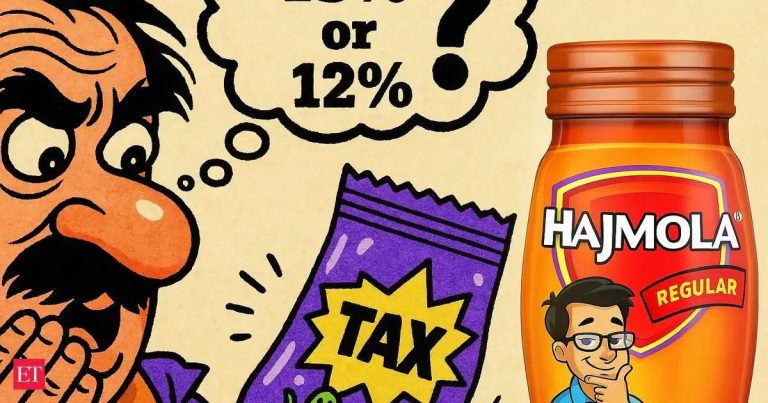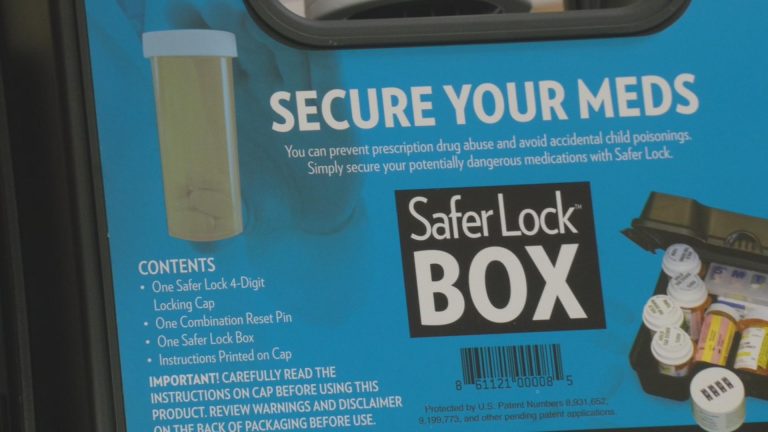
Insulin Fight Stalls as FTC Lawsuit Gets Frozen by Politics | Image Source: endpts.com
WASHINGTON, D.C., 3 April 2025 – The long battle over insulin prices in the United States took a dramatic break this week, while the Federal Trade Commission (FTC) formally filed its complaint against UnitedHealth, Cigna and CVS Health’s pending weapons. This decision came from a shock of leadership within the agency, triggered by the shooting of two democratic commissioners by former President Donald Trump, who returned to power earlier this year.
According to Reuters, the trial accused PBMs – including Carebank (own property of CVS Health), Optum (United Health) and Express Scripts (Cigna) – of deliberately restricting access to low-cost insulin options. The FTC case alleged that these PBMs directed patients to higher-priced versions of the drug that saves in exchange for opai, multi-billion dollar discounts from pharmaceutical companies. Now, the absence of a functional quorum in the commission left the case in limbos, at least for the next 105 days.
“It was a very predictable consequence of trying to illegally dismiss minority commissioners,” said Alvaro Bedoya and Rebecca Kelly Slaughter, the two commissioners who initially defended the trial. They argue that their expulsion is not only illegal, but also undermines decades of legislative guarantees aimed at maintaining regulators independent of political influence.
Why does the FTC stop the suit?
The decision of the FTC was not only bureaucratic - it was the direct result of a leadership vacuum. Two Republican commissioners withdrew from the case because of conflicts of interest, and one third has not yet been confirmed by the Senate. Meanwhile, the Trump administration rejected Bedoya and Slaughter, eliminating the only commissioners willing and able to vote on the case. Therefore, the RTC did not have the legal quorum to proceed with the enforcement measures. Without any commissioner available to deliberate, the legal mechanism has reason to end.
As indicated by Endpoints News, the request stated that confidence-building measures had effectively manipulated forms – covering drug lists – to exclude less expensive alternatives to insulin. This strategy maximizes manufacturers’ discounts, but inflates out-of-pocket costs for consumers, especially diabetic patients who rely on insulin for their daily survival.
In a statement to Reuters, David Witrap, Vice President of Foreign Affairs at CVS Health, defended the company’s practices by saying:
“CVS Health is confident that the facts are on our side – drug addicts alone fix the price of insulin – and we will continue to vigorously defend the case to protect our ability to make insulin affordable for US companies and their members. »
What role does PBM play in the price of medicines?
PMBs are powerful intermediaries between drug manufacturers, insurers and pharmacies. They negotiate drug prices on behalf of insurers and large employers, decide which drugs are covered by insurance plans and determine the amount of the pharmacy’s reimbursement. The three main PBMs named in the costume - Carebank, Optum and Express Scripts – control about 80% of the market for safe drug transactions, according to Modern Healthcare.
Critics argue that this concentration of power allows PBM to stimulate prices by demanding strong herds of drug addicts. These discounts are often not passed on to consumers. In the case of insulin, the FTC alleged that PBMs excluded cheaper biosimilar and generic versions from their forum, effectively placing patients in more expensive options. This tactic, they say, prioritizes the benefits over patient access.
To put it in perspective, insulin prices have tripled over the past decade, even though the drug is over a century old. According to a 2022 report by the American Diabetes Association, nearly one in four insulin users reported that their offer was streamlined due to cost, putting their lives at risk. The purpose of the trial was to discover and resolve the role played by the PBMs in perpetuating this crisis.
How did politics derail the case?
The roots of the paralysis of the FTC are reflected in the political drama that developed when Trump returned to power. As stated by the Ohio Capital Journal, both Bedoya and Slaughter were dismissed for bad legal reasons claiming to be in violation of the FTC Act, allowing for the elimination of commissioners solely for “inefficiency, neglect of service or improper conduct in power.” The two former commissioners filed a complaint challenging his expulsion, citing a 90-year precedent of the US Supreme Court that protects the independence of regulators.
This legal system has wider implications. Regulators such as the FTC have been designed to operate independently, free from daily political influence. By eliminating the commissioners who pushed for aggressive enforcement against corporate giants, critics argue that the Trump administration has effectively neutralized the role of FTC’s guardian, at least temporarily.
“FTC’s demand for PBM on its role in rising insulin prices was another opportunity to achieve Trump’s original political goals, although by various means,” said Antonio Ciaccia, a Colón-based drug expert, in an interview with Ohio Capital Journal. “Irrespective of the intent, the recent turmoil of the FTC puts an end to this research in the foreseeable future. »
Is this a political or bureaucratic mistake?
It’s about millions of dollars. On the one hand, Trump has repeatedly criticized confidence-building measures as ”horrible intermediaries” who unfairly benefit without adding value. United States Today, in 2020, he said, “I don’t know who these intermediaries are, but they are rich. On the other hand, despite harsh rhetoric, Trump took little concrete action against the conglomerates who owned these PBMs during his first term. His shooting of the two most vocal commissioners of the reform of the PBM raises eyebrows.
Some observers suggest that the measure could be less in the protection of confidence-building measures and more in the consolidation of power over regulators. In any event, the final result is the same: an essential legal record intended to discover the truth behind insulin pricing has been archived indefinitely.
“It’s not just an administrative break. It’s about whether we allow powerful corporations to write rules that affect millions of lives,” said a legal analyst who asked for anonymity because of participation in related litigation. “What we see is an erosion of counterweights. And it’s going in silence.”
What are the consequences for patients?
The fall of the real world of this decision is incredible. Millions of Americans with diabetes – especially those without full insurance – remain at the mercy of a fragmented and opaque pricing system. Without legal intervention or new regulations, confidence-building measures can continue to prioritize high-strength drugs rather than more affordable options.
This can mean hundreds or even thousands of dollars in out-of-pocket costs each year for patients already administering chronic disease. While some states have tried to cover insulin payments or directly regulate BMPs, experts argue that only federal action can fully address market distortions at stake.
“The current system rewards opacity and punishes affordability,” said Ciaccia. “Until we have transparency around rebound flows and make decisions, patients will continue to suffer and pay the price.”
Can you restart the suit?
Technically, yes. If the courts dictate that the shootings of Bedoya and Slaughter are illegal and reinstated, the FTC could resume its proceedings against PBM. Otherwise, once a new commissioner has been confirmed by the Senate, the agency could recover the quorum and continue the investigation.
But this process could take months or more. In the meantime, the pricing practices that triggered the demand will continue to be verified. The longer the break, the more difficult it will be to gather new evidence or hold companies accountable for past actions.
Until then, the only resource for most patients is defence and hope: the hope that transparency, accessibility and fairness will not remain indefinitely on hold as demand for them.
As this game of legal and political failures develops, one thing remains clear: the American public deserves answers and relief. They still have to see it.





